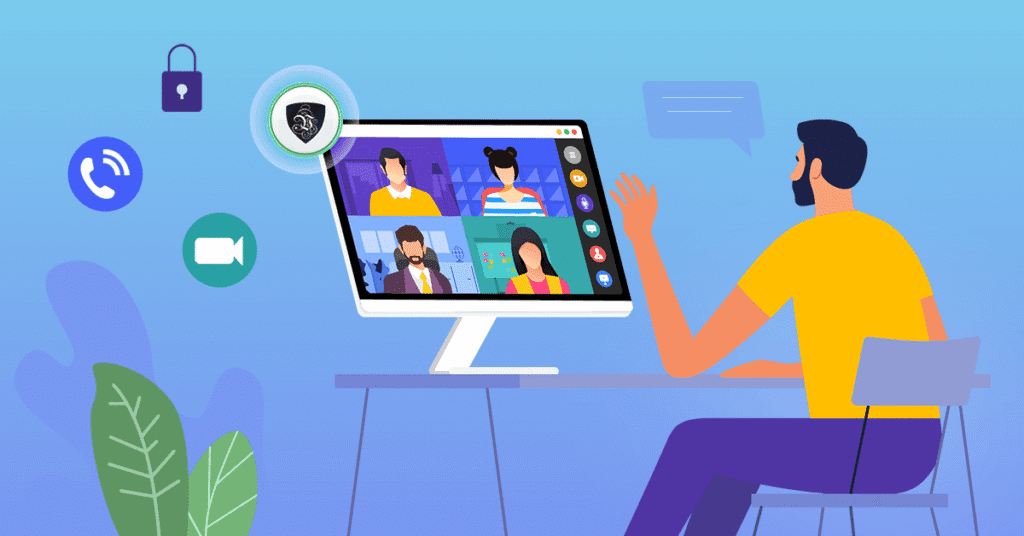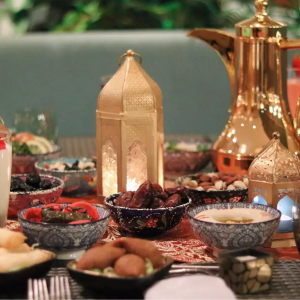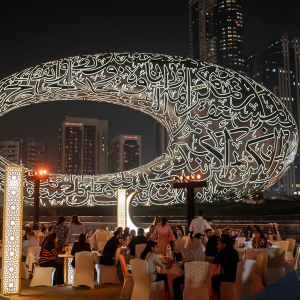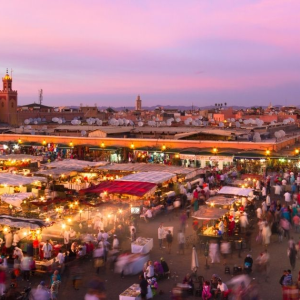It’s a quiet Friday evening in a small apartment in Dubai’s Al Barsha district. Maria, a 33-year-old Filipino nurse, is preparing for her night shift. Before she leaves, she grabs her phone and opens WhatsApp — not to text, but to hear the voice of her son in London. It’s a precious five-minute call, made possible by one thing: a VPN.
In the UAE, WhatsApp calling is blocked due to VoIP restrictions. But for many expatriates living in Dubai, like Maria, staying connected to loved ones in the United Kingdom isn’t just a desire — it’s a lifeline. And VPNs have quietly become the bridge that keeps their world whole.
Why WhatsApp Calls Are Blocked in the UAE
The United Arab Emirates has strict regulations around Voice over Internet Protocol (VoIP) services like WhatsApp, FaceTime, and Skype. These services are either fully or partially blocked, mainly to protect national telecom providers such as Etisalat and Du.

That means no voice or video calls through WhatsApp — a huge inconvenience for the over 9 million expats who live in the UAE. With families scattered across continents, especially in countries like the UK, this block creates emotional and logistical struggles for people already managing distance and sacrifice.
How VPNs Help Break the Digital Barrier
A Virtual Private Network (VPN) allows users to mask their online identity and location by routing their connection through servers in another country. In this case, it tricks apps into thinking the user is outside the UAE, allowing WhatsApp calls to connect.

While using a VPN to bypass VoIP restrictions exists in a legal grey area, it’s widely practiced. Many expats view it as a necessity, not a luxury.
Sami, a 27-year-old Pakistani freelance web developer, explains it clearly: “My clients are in the UK and I need to speak to them on WhatsApp. Without a VPN, my business dies. It’s that simple.”
The Daily Struggles of Staying Connected
VPNs may solve one problem, but they don’t remove the stress entirely. Many expats face unstable connections, fear of fines, and anxiety over losing access to the only platform where they can feel close to their loved ones.
Rachel and James, a British couple in their 40s living in Dubai for over 10 years, rely on VPNs to talk to their daughter who is studying in Manchester.
“It’s hard enough being away from her during the university years. Imagine not even being able to see her face or hear her voice on WhatsApp,” says Rachel, eyes moist. “The VPN isn’t just a tool — it’s our sanity.”
Risk or Rescue? What the Law Really Says
Using a VPN in the UAE is not illegal by itself. But using it to access services banned by the government (like WhatsApp calling) could land you in trouble if caught, particularly if it’s for illegal activity.
That said, enforcement is inconsistent. Most people who use VPNs simply want to talk to family or run their businesses smoothly. While there’s always an element of risk, it hasn’t stopped thousands from using services like NordVPN, ExpressVPN, or Surfshark to beat the block.
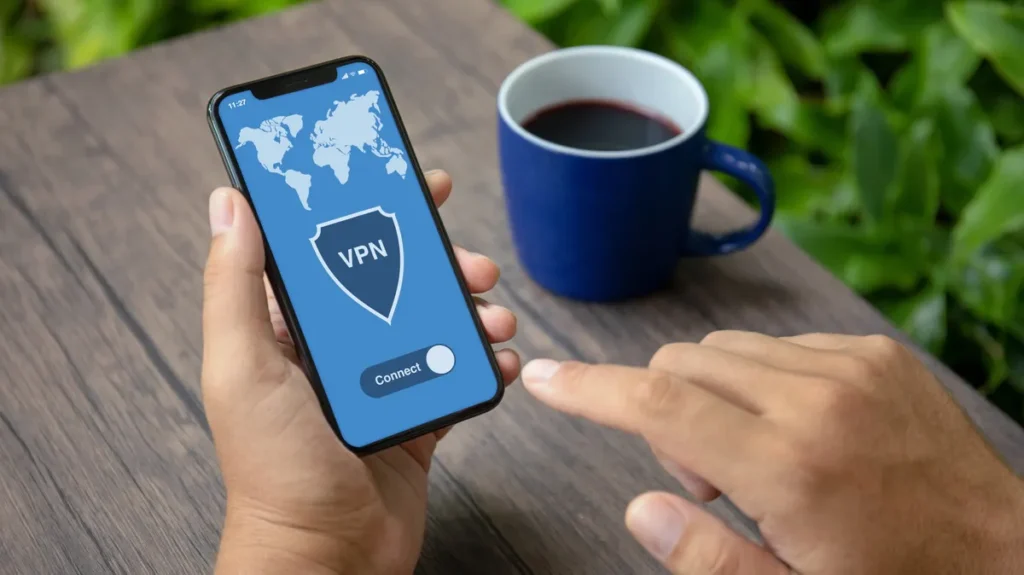
More Than Calls: It’s About Mental Health
The power of hearing a familiar voice or seeing a familiar face can’t be underestimated — especially when you’re thousands of miles from home.
Anisha, a 29-year-old teacher from India, recalls her lowest point during the COVID lockdowns in Dubai. “I was stuck here, scared and alone. The only way I could talk to my mum in London was through WhatsApp on VPN. That’s what kept me from falling apart.”
Mental health experts agree that regular communication with loved ones can significantly reduce stress and anxiety among expats. VPNs, in this sense, serve not just a technical function — they serve an emotional one.
The Flip Side: The Cost of Disconnection
Those who can’t figure out VPNs or can’t afford premium subscriptions suffer most. Many report feeling isolated, especially elderly expats or blue-collar workers with limited tech knowledge.
“Some of my coworkers still go to call centers and pay per minute to talk to family,” says Salman, a Pakistani driver who shares a crowded room with six other men. “It’s not fair. Everyone should be able to talk to their family.”
Innovation in the Shadows
Interestingly, the growing demand for VPNs has led to a small digital revolution in the UAE. From tech-savvy entrepreneurs offering setup services to Telegram groups sharing updates about which VPN is still working, a quiet support system has formed.
“There’s an unspoken brotherhood,” says Tariq, a Nigerian expat and IT consultant. “When one VPN stops working, we help each other find the next best thing. It’s not about rebellion — it’s about resilience.”
Achievements Despite the Odds
For all the hurdles, many expats continue to thrive in Dubai. And VPNs, ironically, play a role in that success.
Jasmine, a British expat and content creator, runs a successful YouTube channel from her home in Jumeirah. “Most of my audience is UK-based. I record interviews over WhatsApp, send files, and brainstorm with my UK-based team. Without VPNs, I’d lose business.”
She recently crossed 100K subscribers and credits her growth to the ability to stay in touch, no matter where she is. “Yes, there are barriers. But you learn to adapt — and that’s the Dubai way.”
The Bigger Picture: Connection Fuels Dreams
Whether it’s a mother calling her child, a freelancer managing clients, or a couple checking in on aging parents, the desire to stay connected is universal. VPNs have quietly become the bridge between life in Dubai and family in the United Kingdom.
The stories shared by these expats aren’t just about internet restrictions or apps. They’re stories of grit, of human connection, and of using technology as a force for good — even when the rules are complicated.
Final Thoughts: What the Future Might Hold
There’s growing talk that the UAE may eventually ease restrictions on apps like WhatsApp, especially with global tech integration becoming unavoidable. Until then, VPNs remain the unsung heroes for millions of expats who just want to say, “I miss you,” without a filter or a bill.
In a world that’s more connected than ever, sometimes the fight to stay connected takes courage, creativity, and a little help from technology.
Do follow UAE Stories on Instagram

